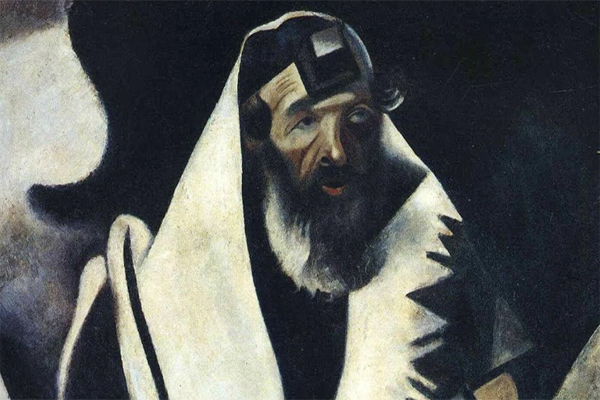
The more I reflect on the meaning of the human person and the meaning of prayer, the more aware I become of an important relation between the two. I now believe that just about everything important that our faith tells us about the mystery of the human mystery is expressed, at least implicitly, when we pray. The truths that we are finite and limited, that we are vulnerable, that we are unconditionally loved by God, that we need salvation and redemption, that God lives within us and that we have a profound relationship not only with our brothers and sisters around the world but also with those who have died, that our freedom is a beautiful gift that enables us, with the help of the Holy Spirit, to direct our lives and to create the future, all of these are at least implicitly expressed when we seriously pray.
Every person has a vocation. God is calling everyone to an intimate love relationship. Whatever other vocations we may have, the primary, most radical vocation is the call to enter into a relationship with God. A succinct way of saying this is that everyone is called to be holy. And I mean everyone — Catholics, other Christians, members of the Jewish religion, Hindus, Buddhists, members of Islam, agnostics, atheists, all are called. That, I believe is the most important truth about human existence. Of course, whenever we pray, Christ plays a role in our prayer. Everything that happens between us and God involves Christ.
In his wonderful “Altogether Gift: A Trinitarian Spirituality” (New York, Maryknoll: Orbis Books, 1960, pp. 143), Michael Downey writes the following:
“Love’s speaking and breathing is enfleshed through the Incarnation and the Cross of Christ. Here we see and are invited to participate in the self-giving of God in love, living in and from this gift, realizing that this, rather than prevailing views of power and success, is what transforms human life, history, the world. The cross is our assurance that we participate in the life and glory of God not by avoiding or by bypassing the negative experiences of our lives, but by entering into and growing through them. This is the central meaning and message of the cross of Christ: light shines through darkness, life emerges from death, love prevails over all evil. …
“To assure that his own self-giving would continue, that the gift would be given again and yet again, he took the simple earthly realities of bread and wine of the meal and, in and through them, gave himself again. Take and eat. Take and drink.” (p. 34)
Part of the call is to create and shape our lives by believing deeply in the Good News that Jesus proclaimed and surrendering to the transformative presence of Christ’s Spirit in our lives. This part of our vocation, which may seem impossible, becomes possible when we become people who take prayer seriously. When we pray seriously anything can happen. Whatever prayer we offer, whether it be a Eucharist or a rosary, a prayer of thanksgiving or a prayer of petition, an act of contrition or a prayer of praise, we open ourselves to the Spirit’s transforming action.
There are many realities that can help us grow and develop into mature human beings who are able to direct our lives and make wonderful commitments. I would place a good education near the top of the list. Also the experience of a healthy, nourishing family life and the experience of challenging role models. But at the very top of the list, I would place prayer. Conversions and even revolutions can happen through prayer. Pope Francis’ vision of a revolution of love seems not just a beautiful idea but a possible reality because of the power of prayer.
Throughout this column, I have been encouraging myself and others to pray more seriously. I think it is also important to remind ourselves from time to time how much and how often we are the object of other people’s prayers. As I am typing this column it is possible that thousands of contemplative priests, nuns, and brothers are praying for me. At this moment how many people are praying for us as they are celebrating the Eucharist? Are all those prayers just wasted words? I don’t think so.
There is no such reality as an unanswered prayer. I think of the countless prayers my mother probably offered for me every morning in her daily prayer ritual. On her death bed, as she faced an early, apparently completely tragic death, my sister said to me that perhaps, in God’s providence, the offering of her death would help me to be a better priest. How can I even guess what power that utterly unselfish gift provided in my life? I suspect that all of us owe gratitude to many.
Father Lauder is a philosophy professor at St. John’s University, Jamaica. He presents two 15-minute talks from his lecture series on the Catholic Novel, every Tuesday at 9 p.m. on NET-TV.
